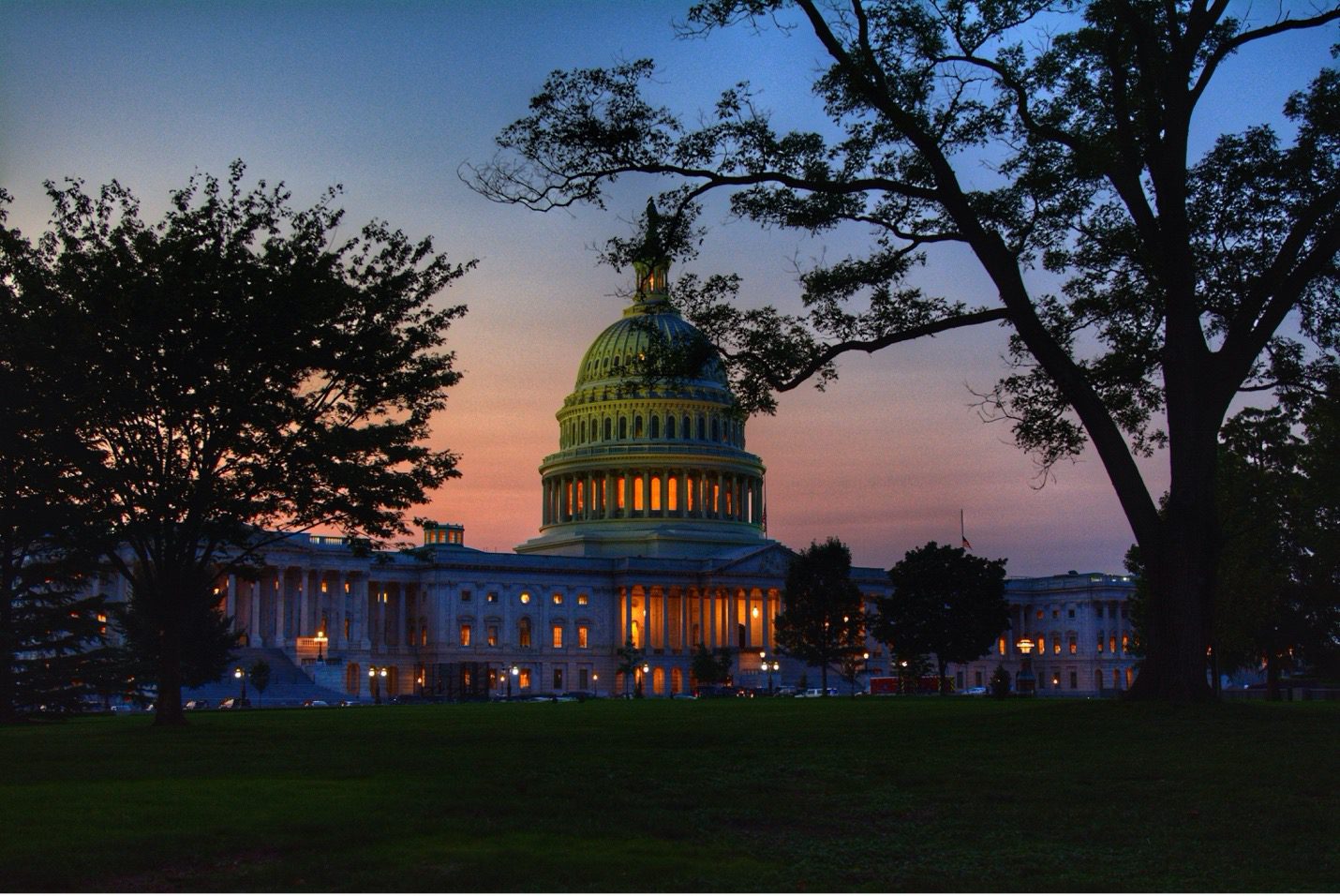 Photo Credits: Mike Stoll (Unsplash)
Photo Credits: Mike Stoll (Unsplash)
 Tiffany Wang is an IPilogue Writer, IP Innovation Clinic Fellow, and a 2L JD Candidate at Osgoode Hall Law School.
Tiffany Wang is an IPilogue Writer, IP Innovation Clinic Fellow, and a 2L JD Candidate at Osgoode Hall Law School.
Former President Donald Trump changed U.S. Intellectual Property Law on December 27, 2020. Months before leaving the White House, he signed into law the Consolidated Appropriations Act, 2021 (the “Act”). The Act significantly changes American copyright and trademark laws.
Changes to Copyright Law
The Copyright Alternative in Small-Claims Enforcement Act of 2020 (the “2020 Copyright Act”) protects copyright owners’ rights in two ways: (1) it criminalizes companies that provide illegal downloading platforms; and (2) it establishes a small-claims court for copyright matters.
Under the 2020 Copyright Act, operating a company or for-profit network based on unauthorized downloading or distribution of copyrighted material is criminal. Penalties include a felony of up to ten years in prison. This echoes the U.S. government’s protectiveness over copyright holders in the digital era.
By creating a small-claims tribunal for copyright matters, the 2020 Copyright Act also addresses access to justice concerns. The Copyright Claims Board (the “Board”) consists of a three-officer panel within the U.S. Copyright Office which hears claims regarding copyrighted material and awards damages or relief as necessary. The Board expressly invites parties to seek pro bono support and allows parties to resolve disputes in a federal court.
Changes to Trademark Law
The Trademark Modernization Act of 2020 (the “2020 Trademark Act”) contains two major developments: (1) it grants more flexibility in timing to the office action response time, yet introduces additional fees associated with extending response time and (2) it provides new alternatives to cancel existing trademark registrations. Office actions are official letters from the United States Patent and Trademark Office listing legal issues associated with the trademark and application; all issues must be resolved before trademarks can be registered.
Pursuant to the 2020 Trademark Act, trademark examiners enjoy greater flexibility in setting response times to the “Letter of Protest” procedure. This is the process through which third parties submit evidence to refute the registration of a trademark. Additionally, the rigidity of a uniform six-month standard window of office actions has been replaced by a timeline ranging from sixty days to six months. Despite granting increased flexibility in time, the 2020 Trademark Act simultaneously introduced additional fees. These changes suggest that flexibility in timing comes at a cost.
The 2020 Trademark Act allows third parties to formally submit evidence into the record of an application of a trademark registration “if the evidence is tied to a particular ground for refusal.” Third parties are given more authority to challenge a trademark registration if they are able to provide formal, relevant evidence that shows the trademark is not used commercially with the registered goods and services on or before the date of filing.
Intellectual Property Law and the Pandemic
Protecting intellectual property remains a priority during the unsettling times of a pandemic. Stronger copyright and trademark laws foster intellectual vibrancy; however, the Act, through imposing fees upon response-time extensions, may undermine any newly implemented flexibility.

